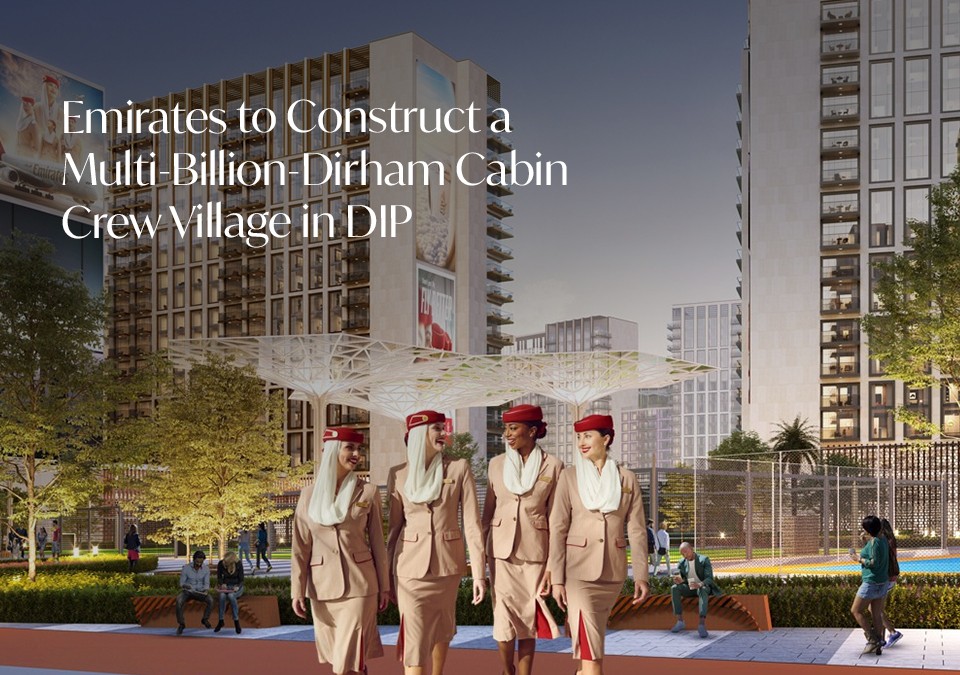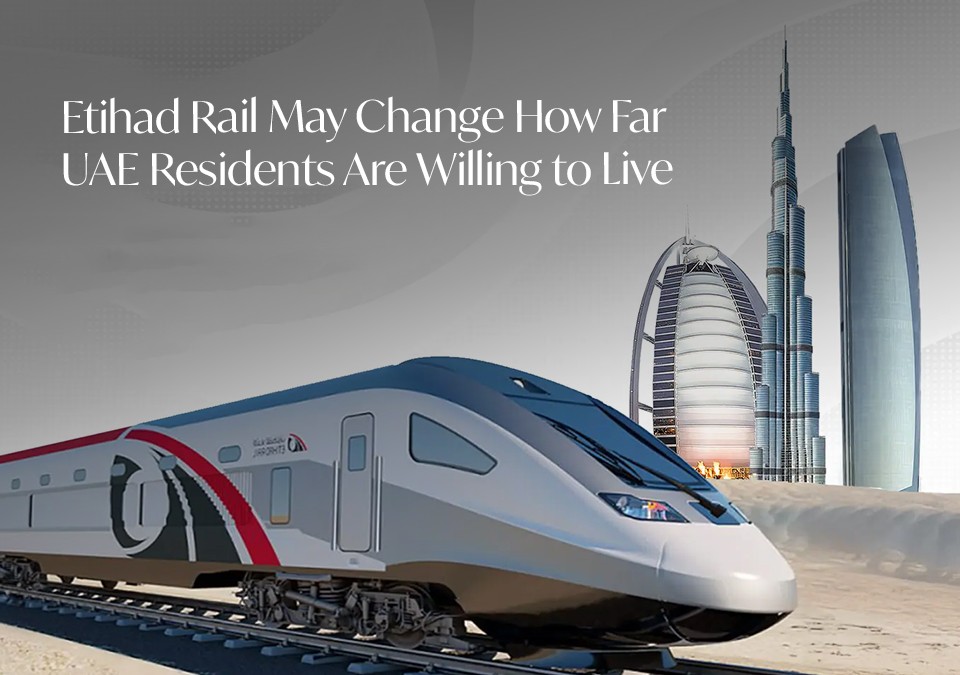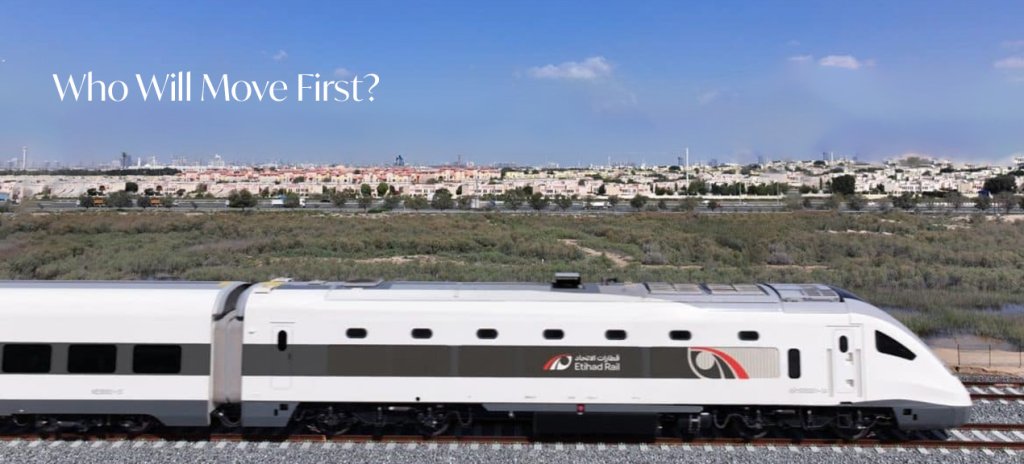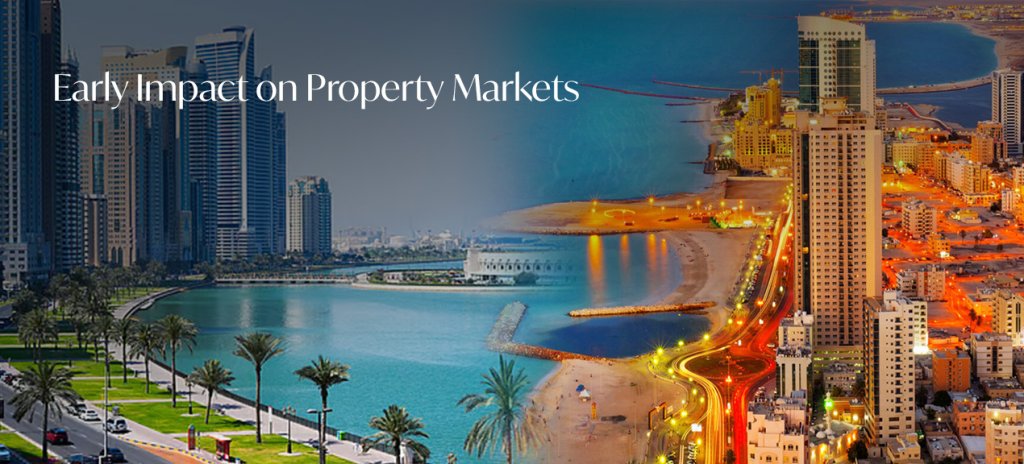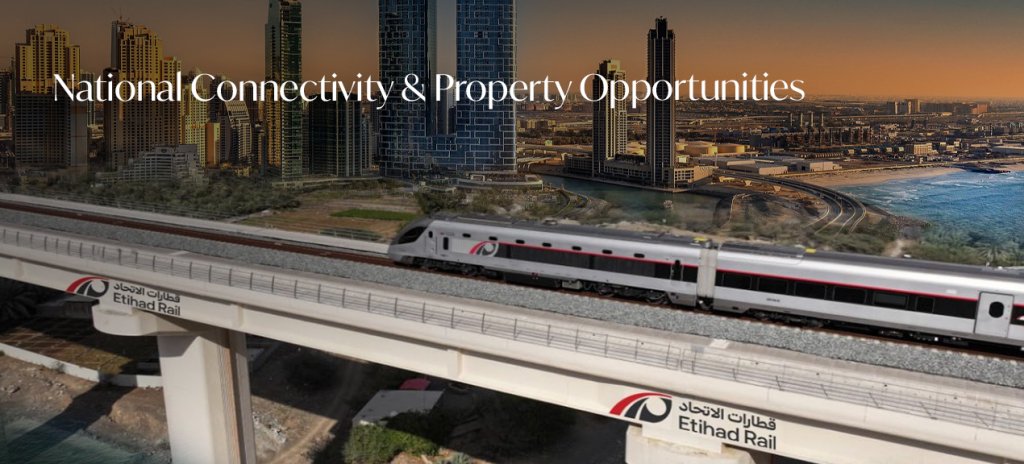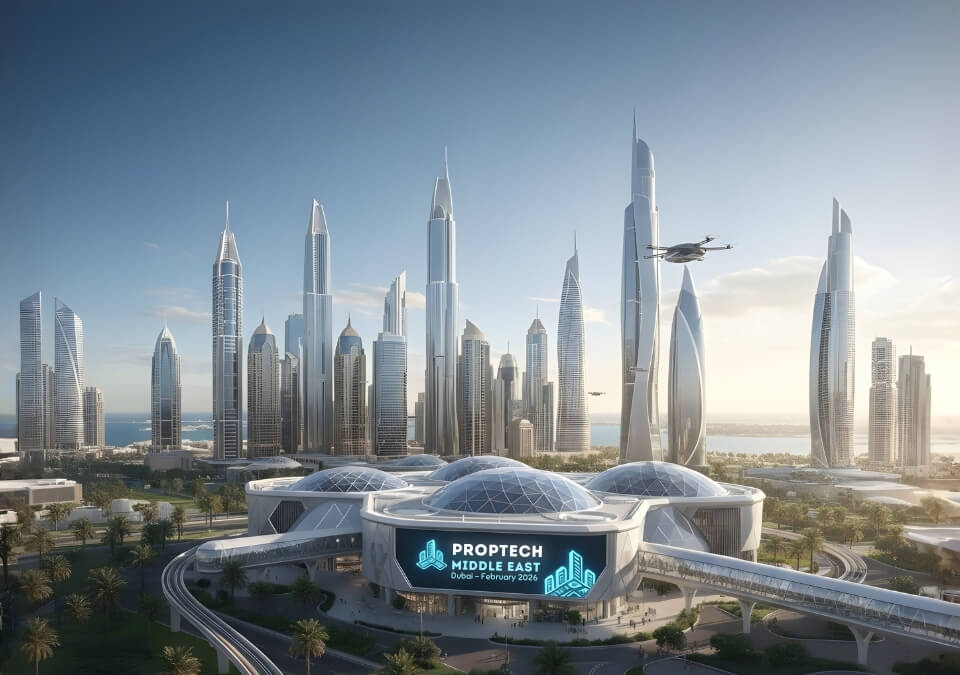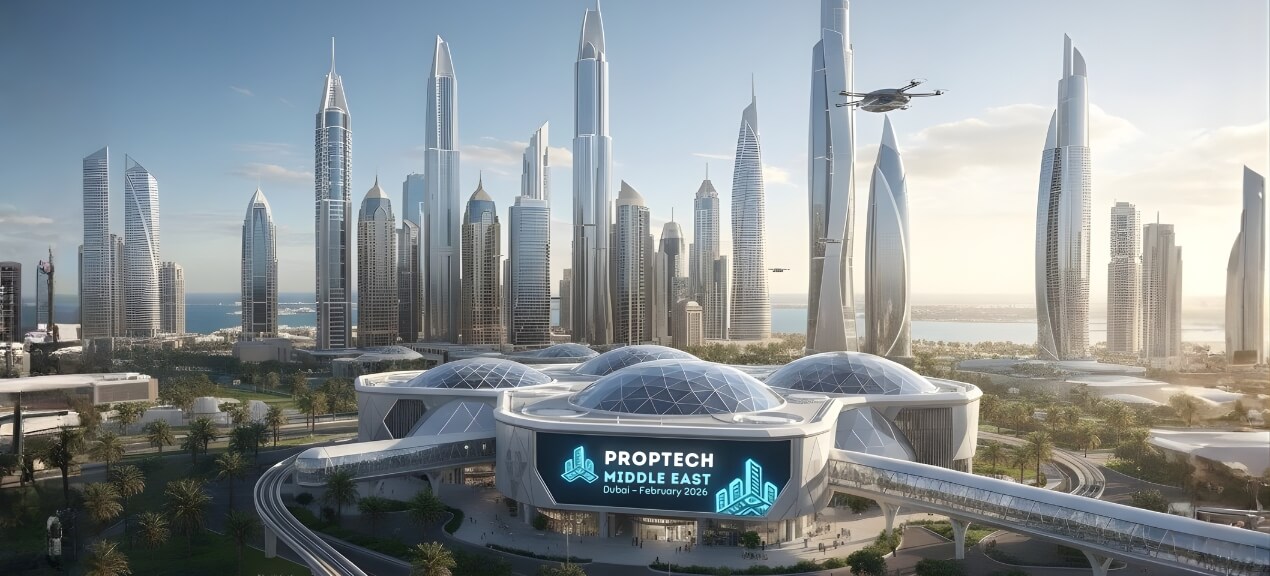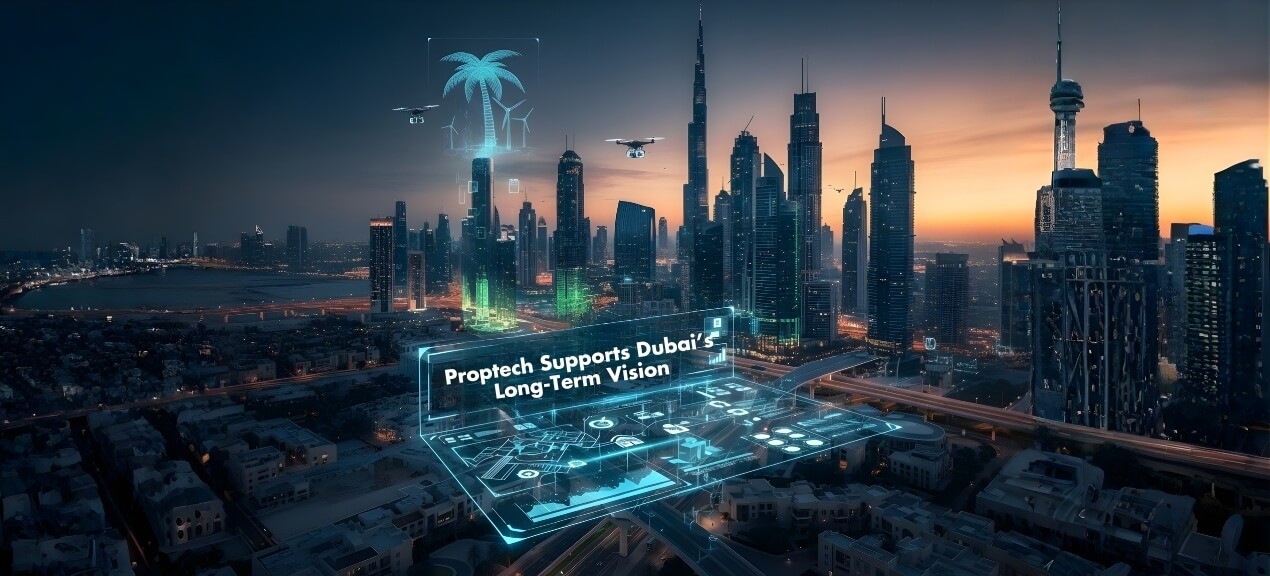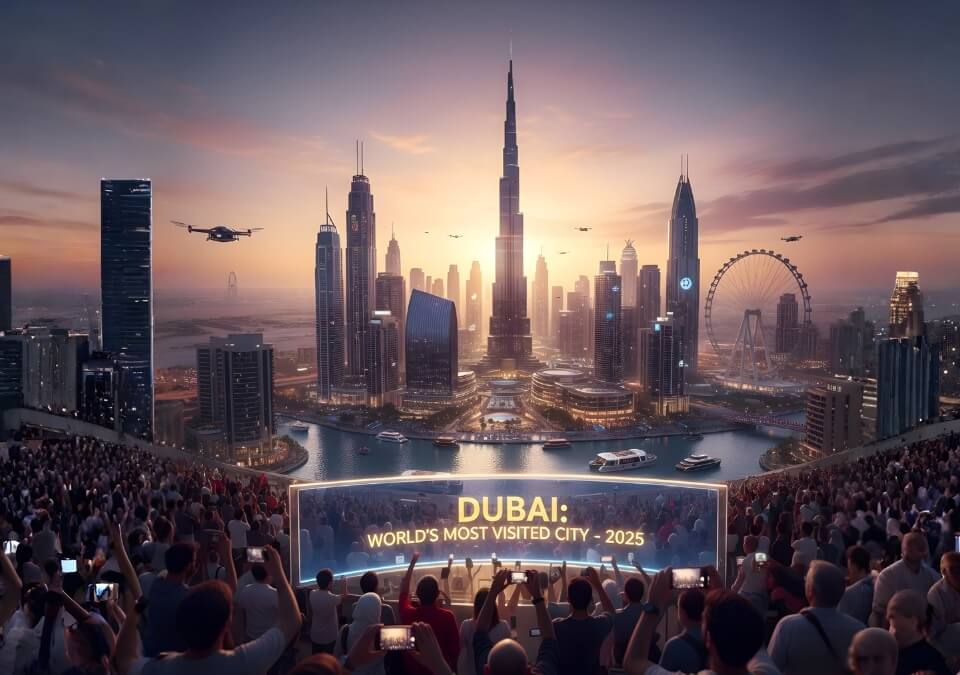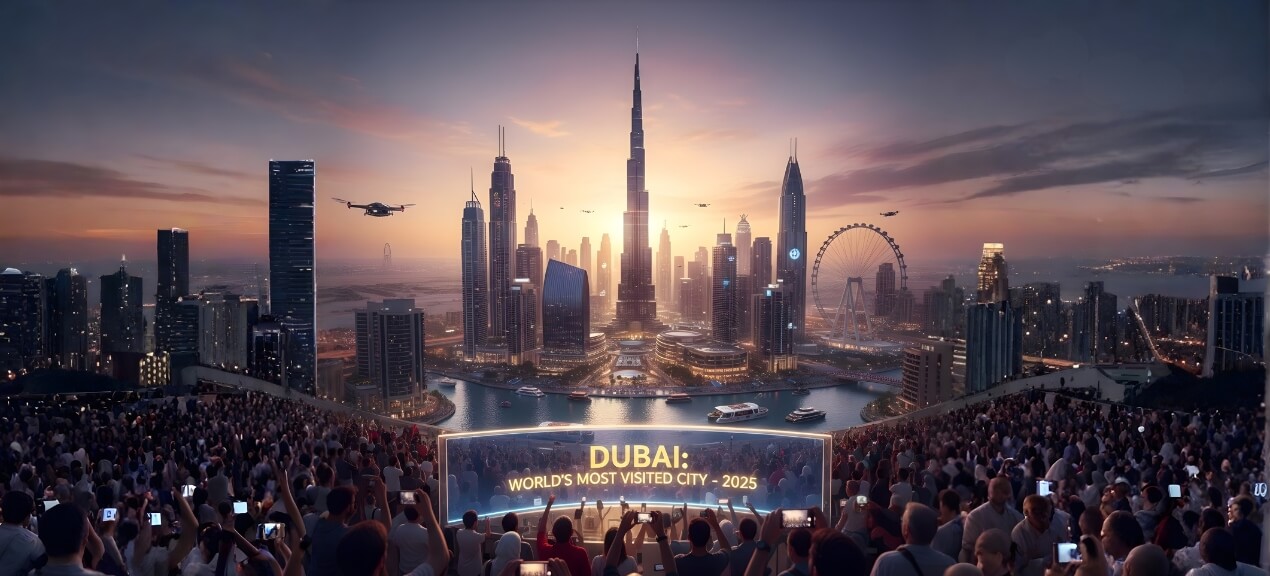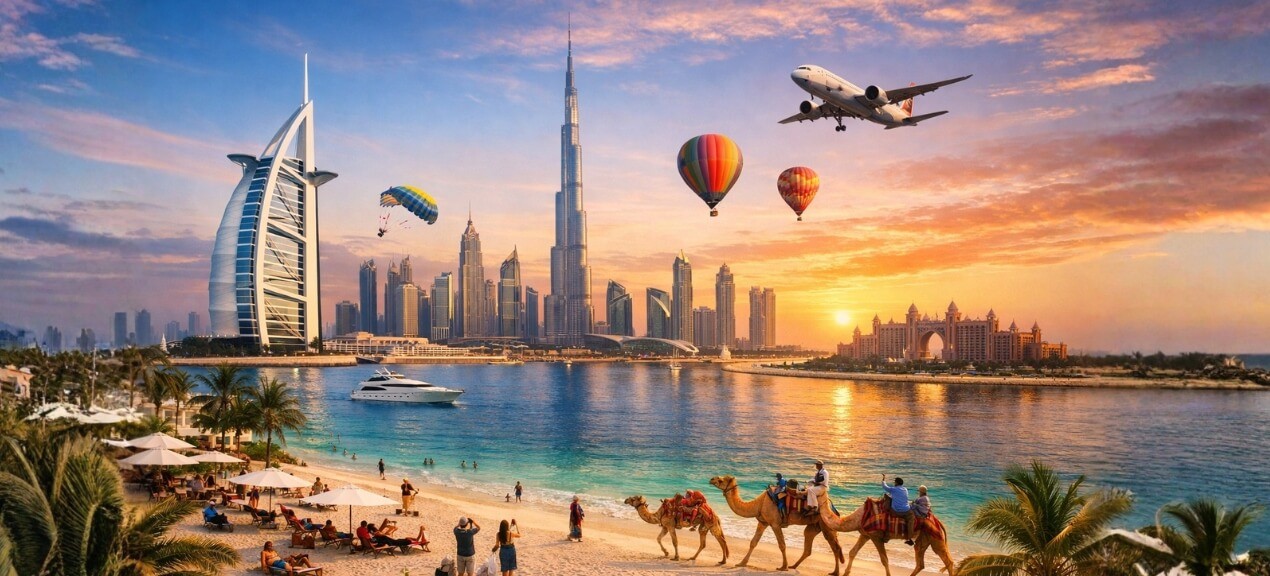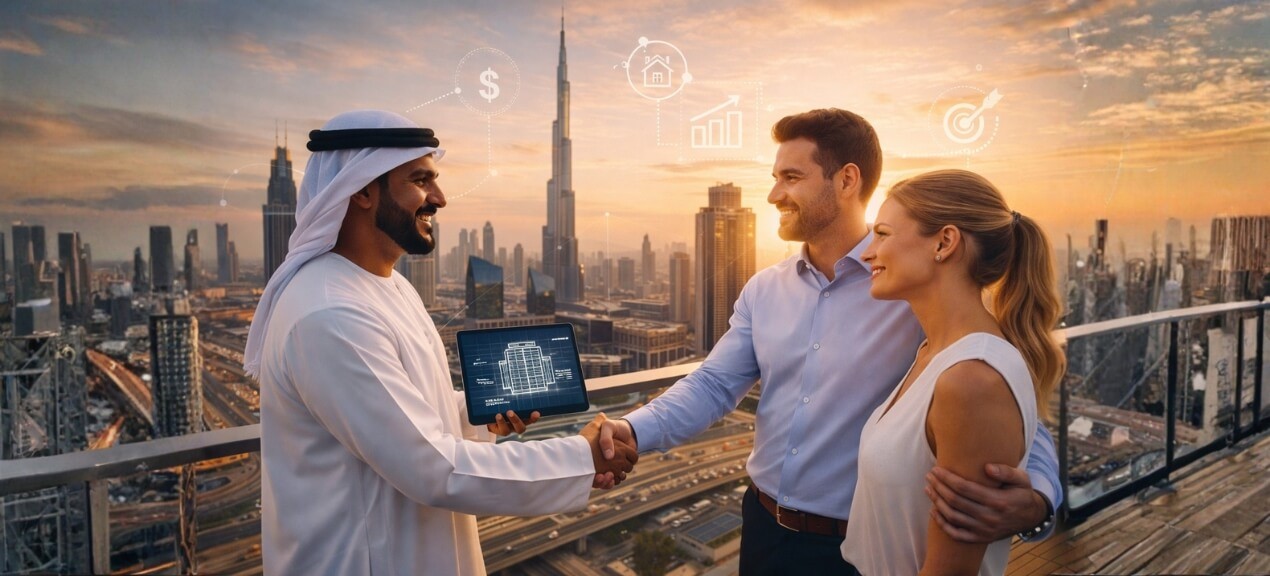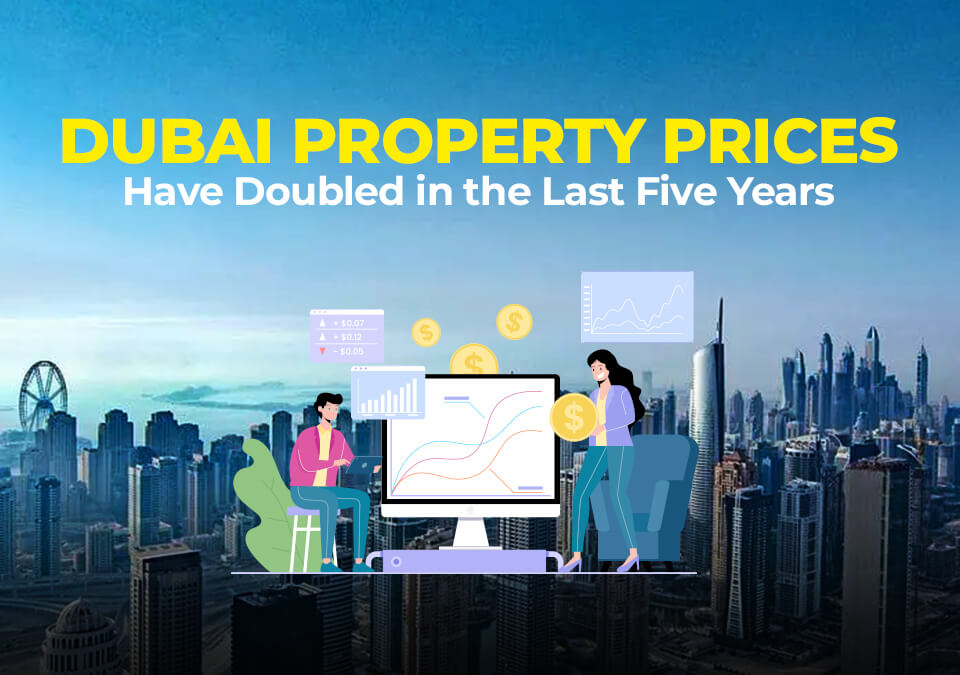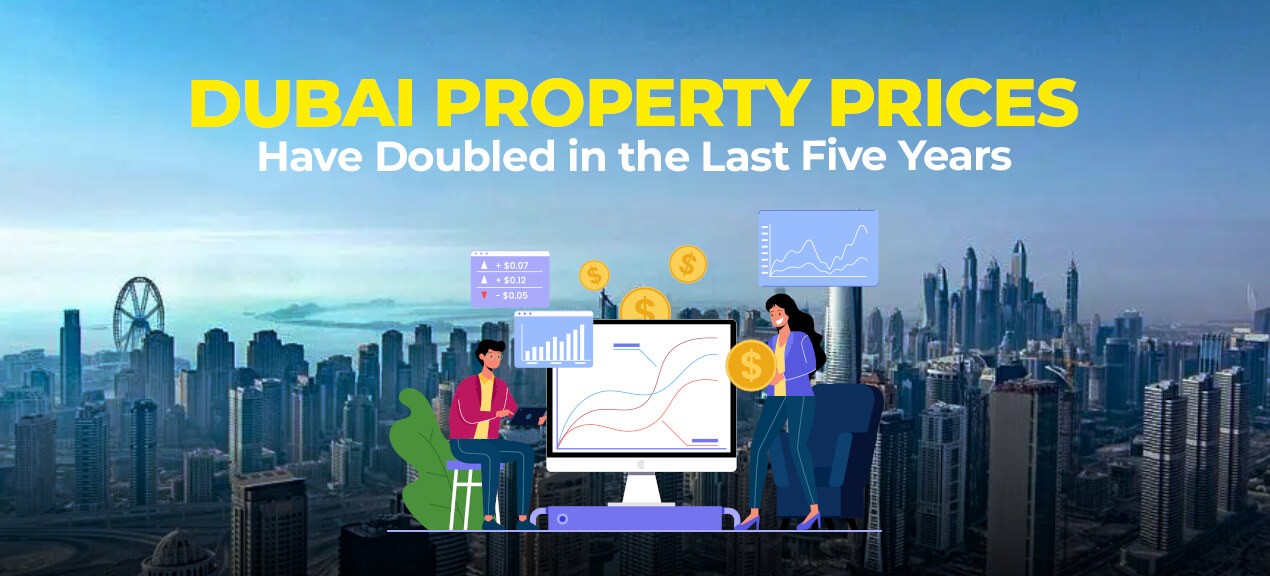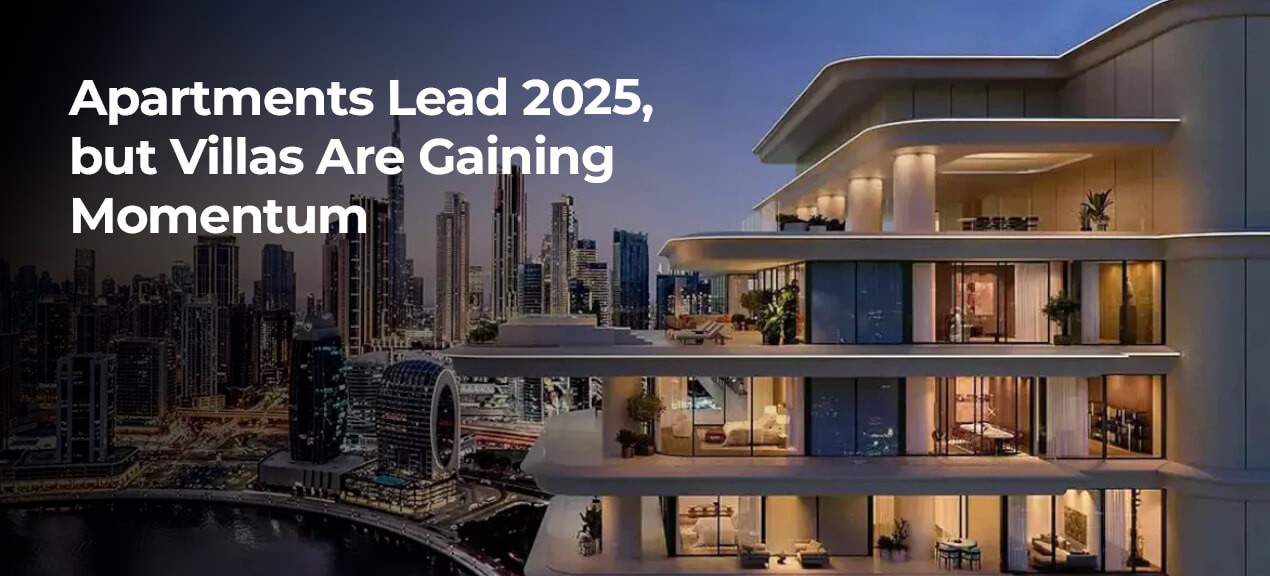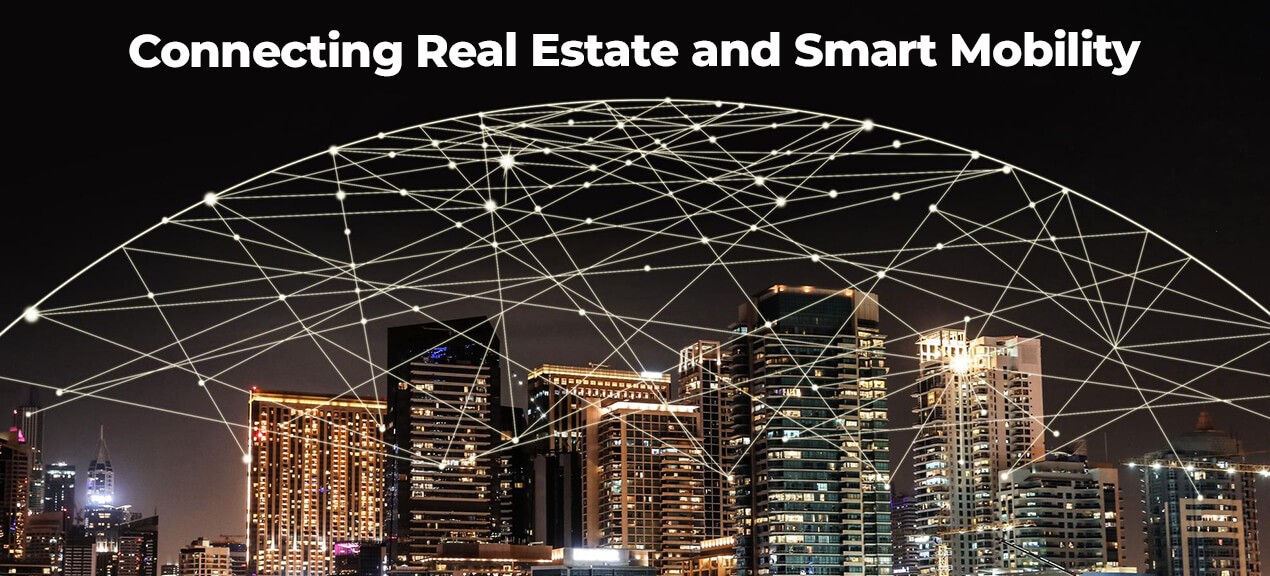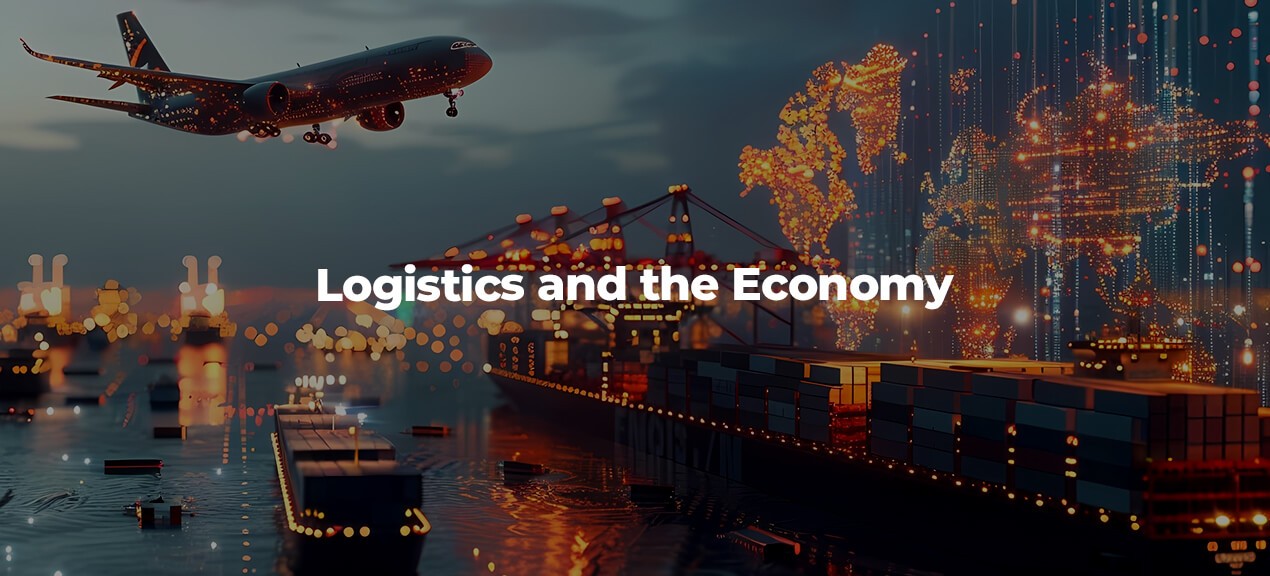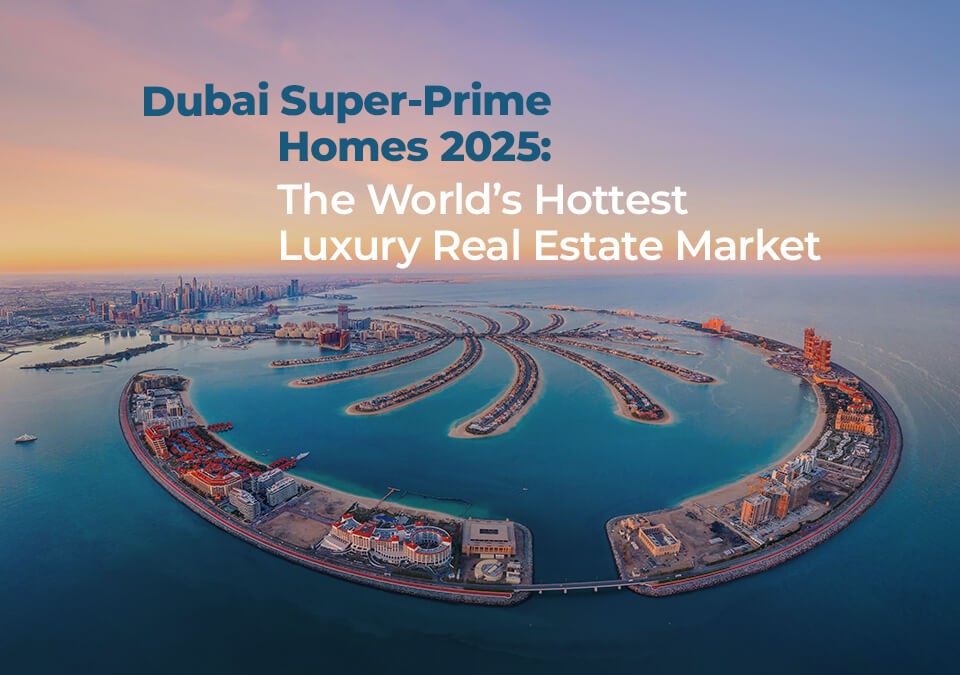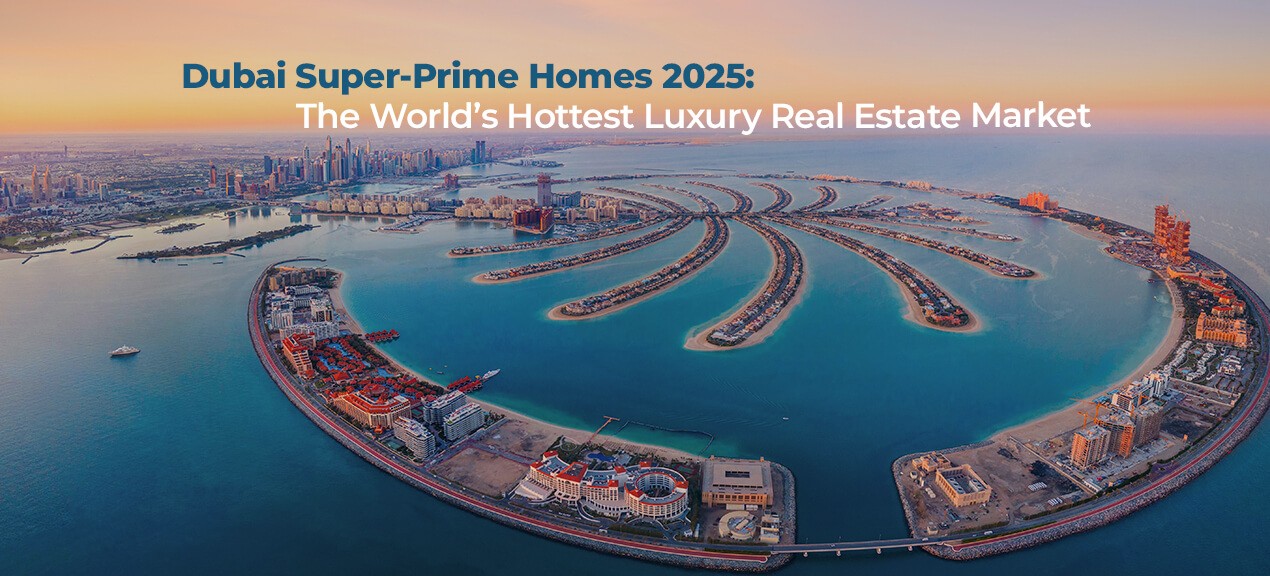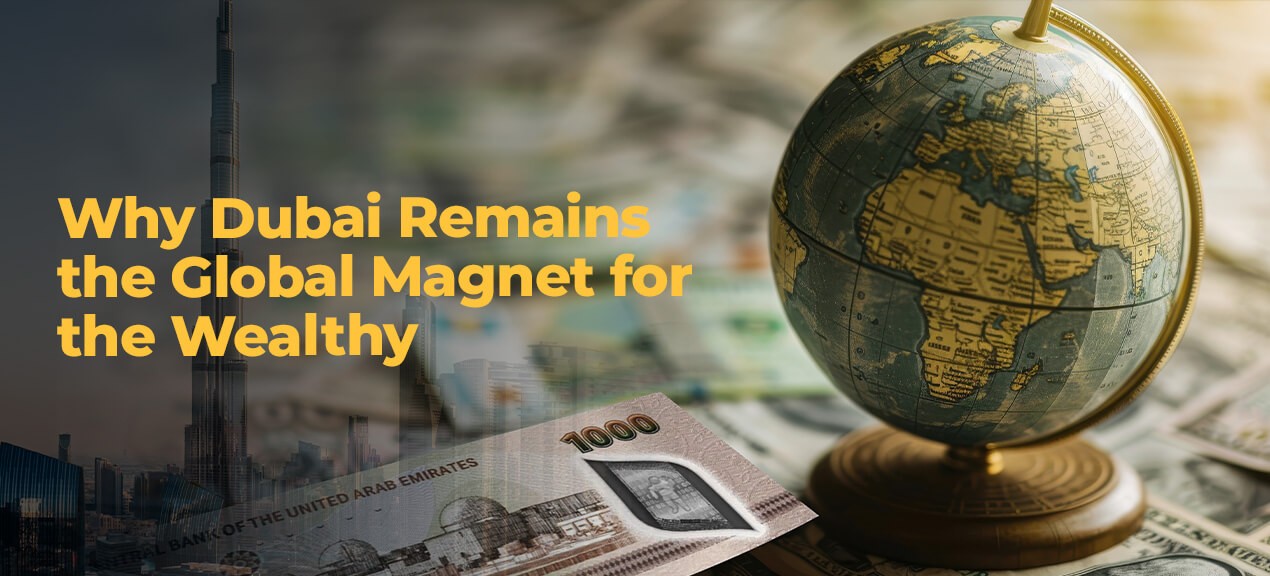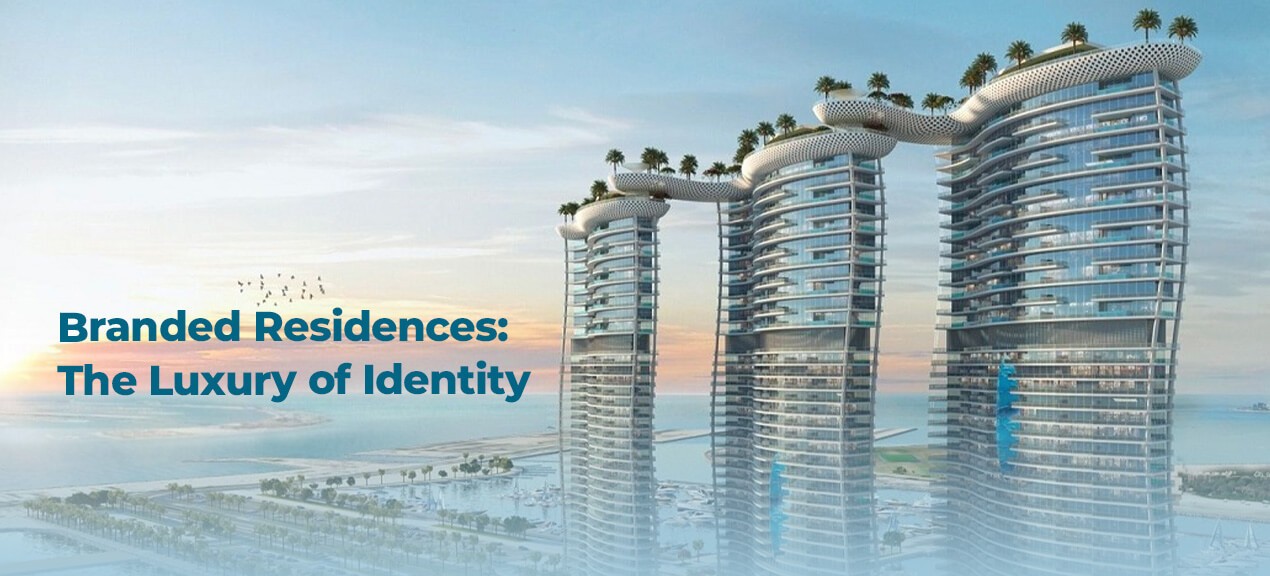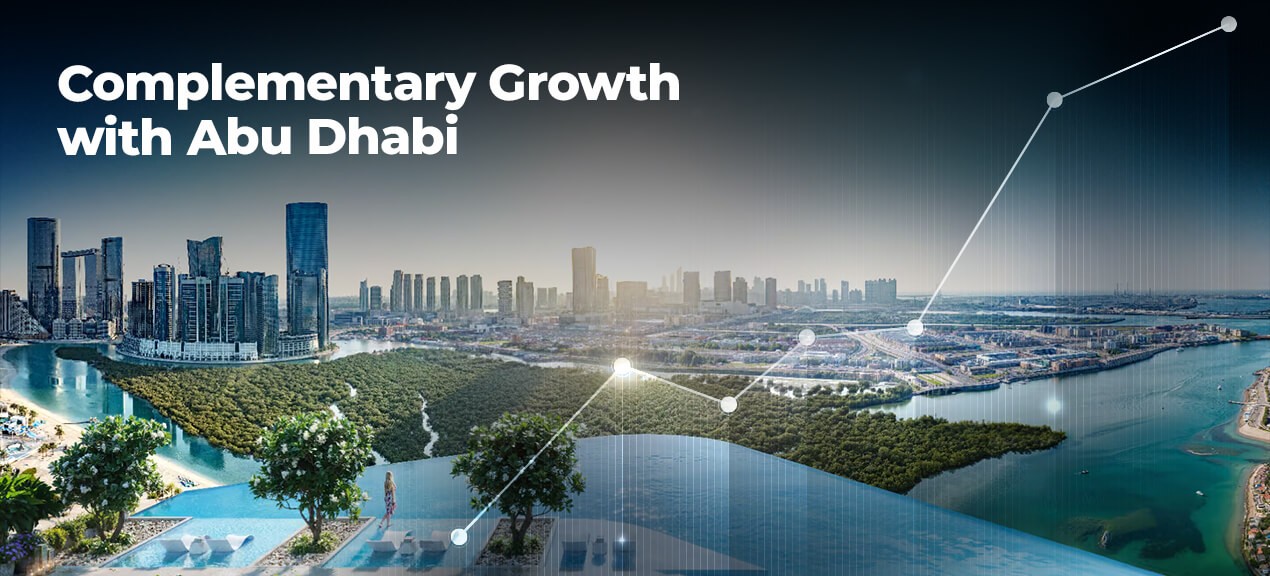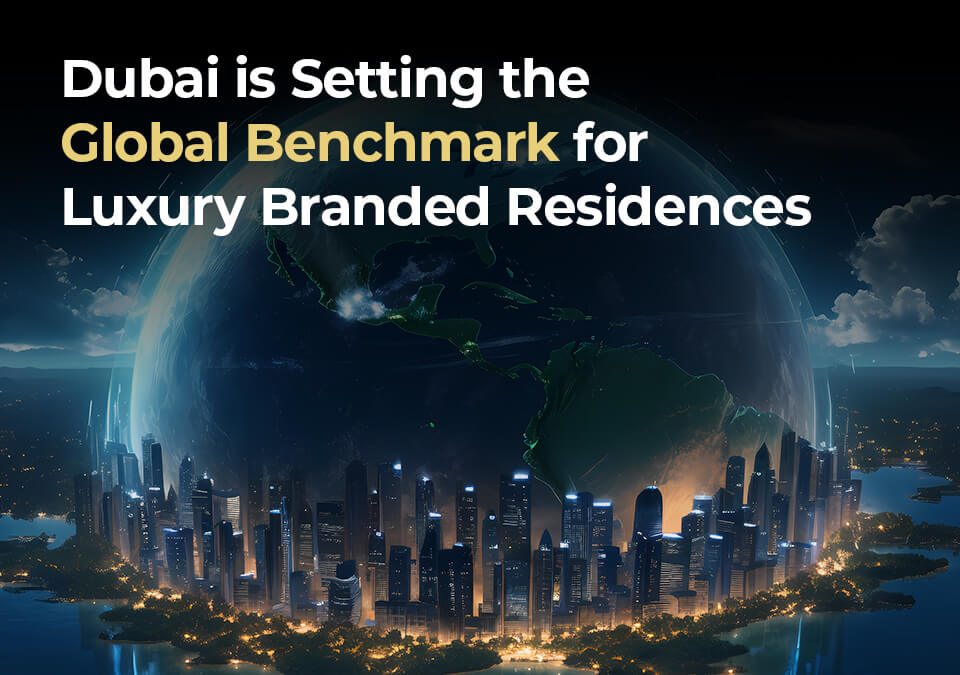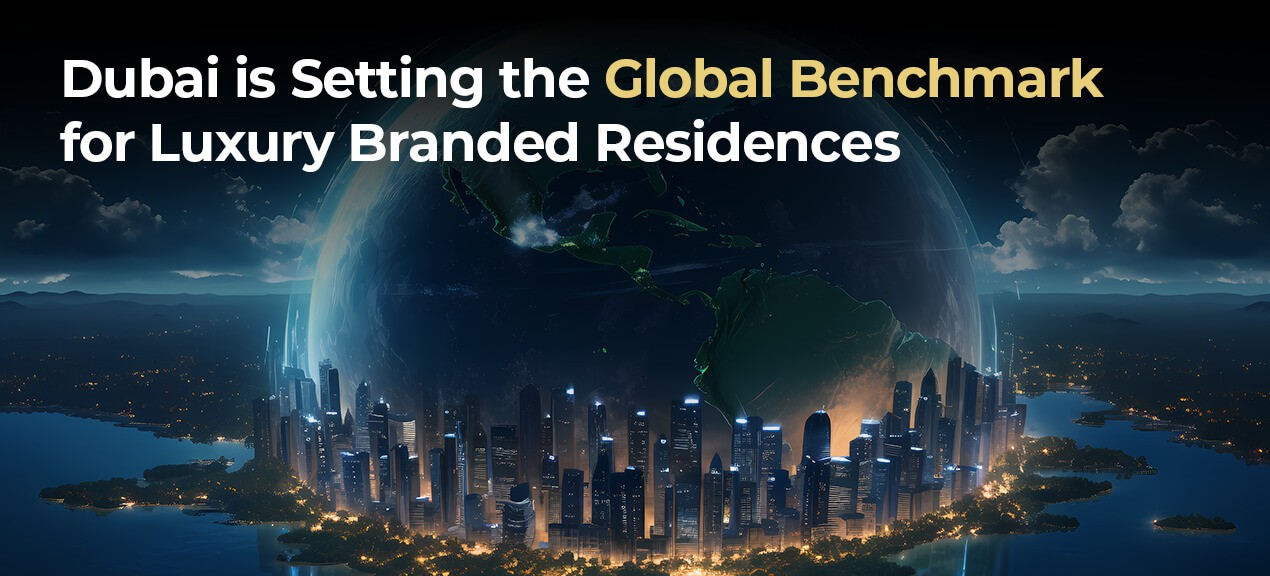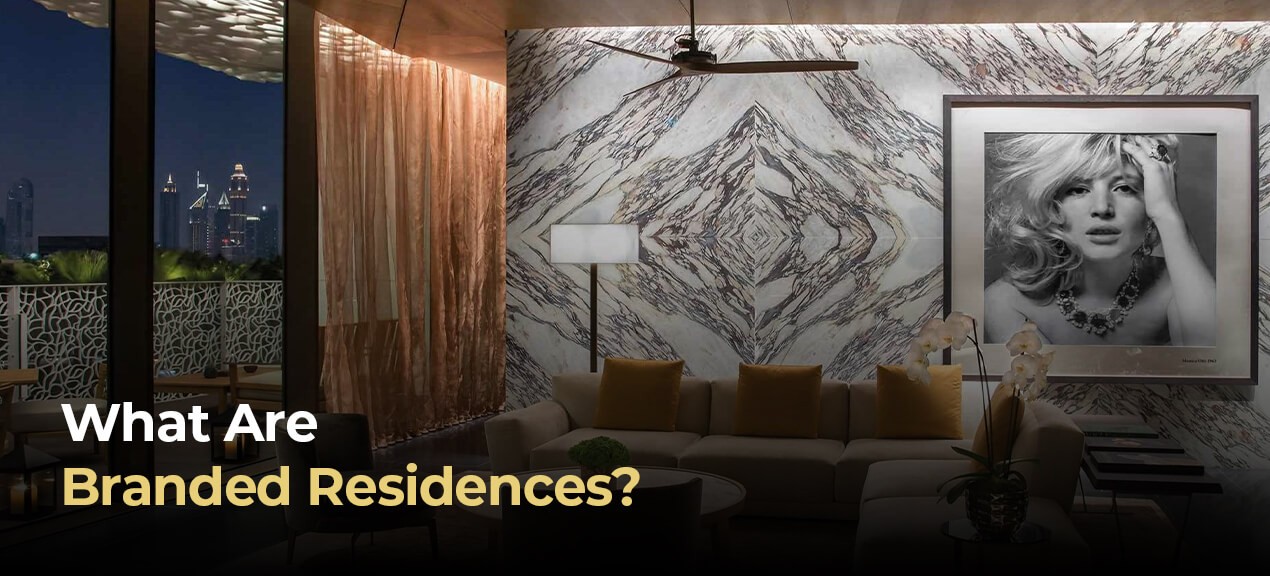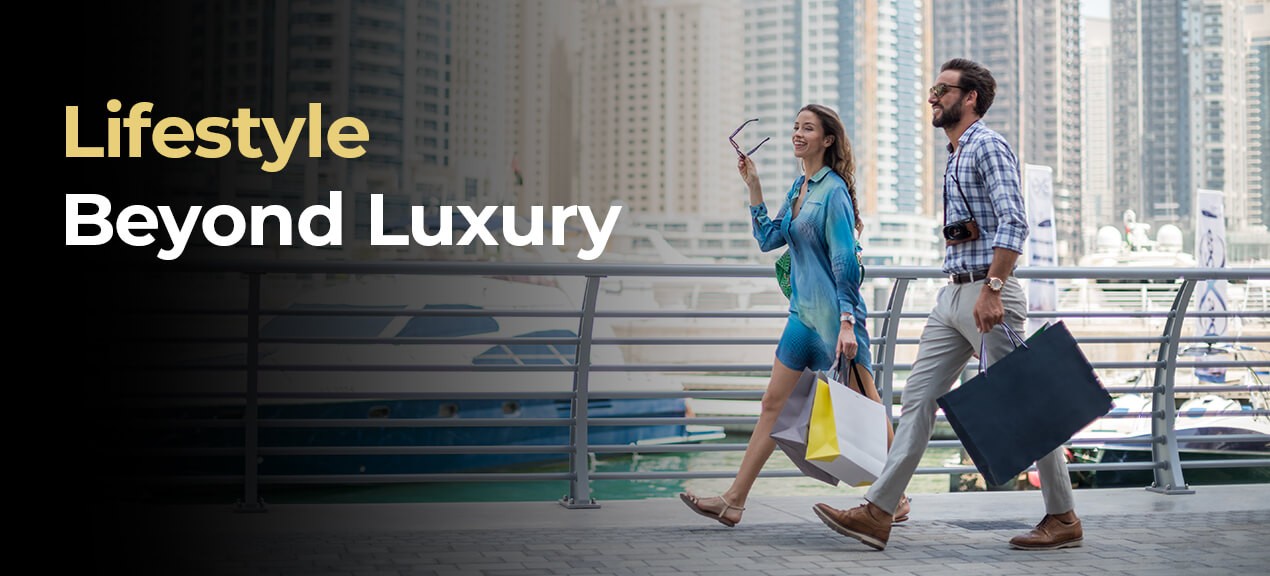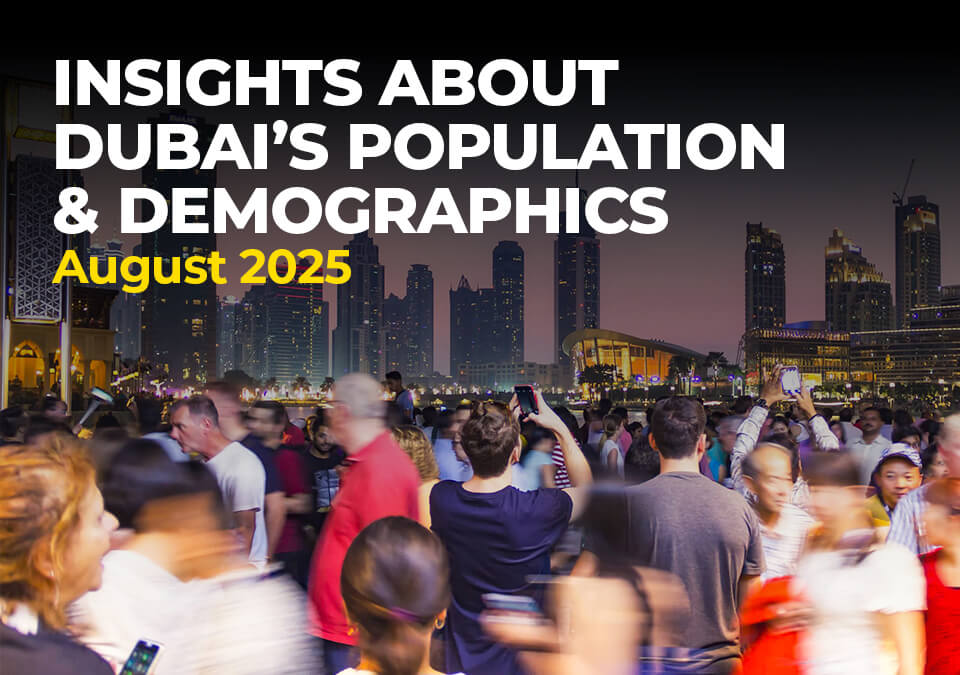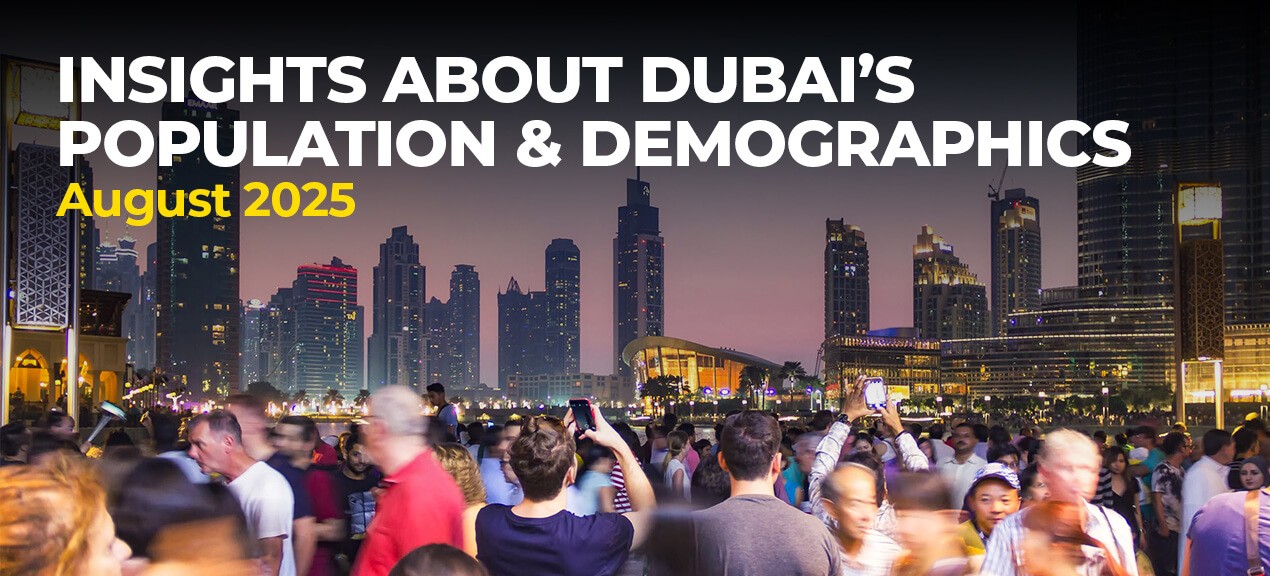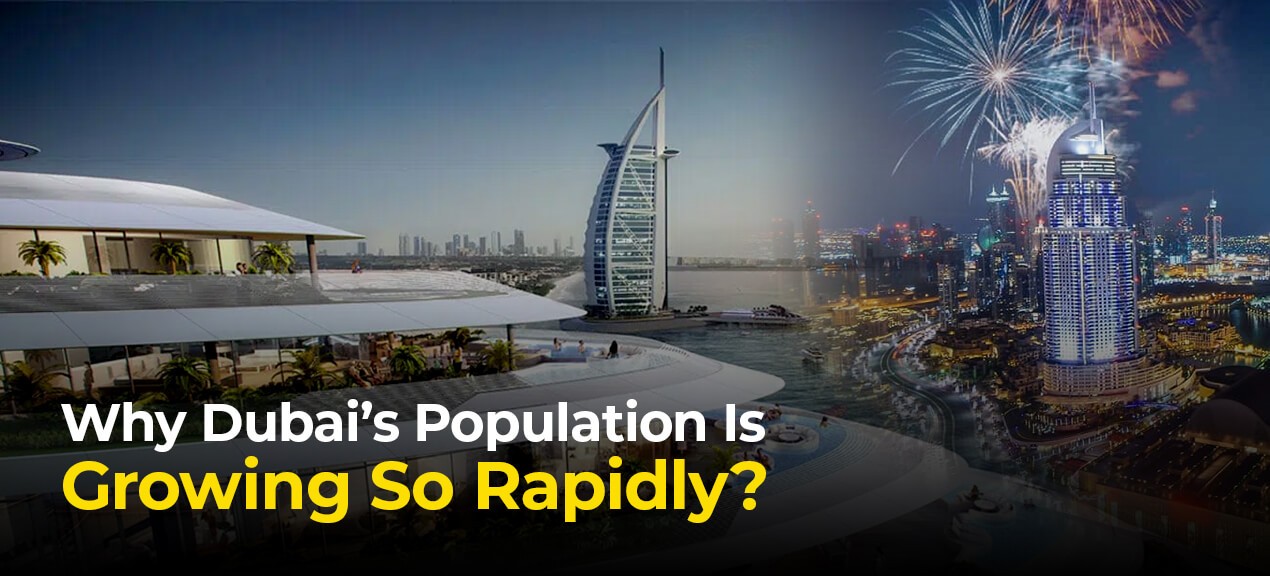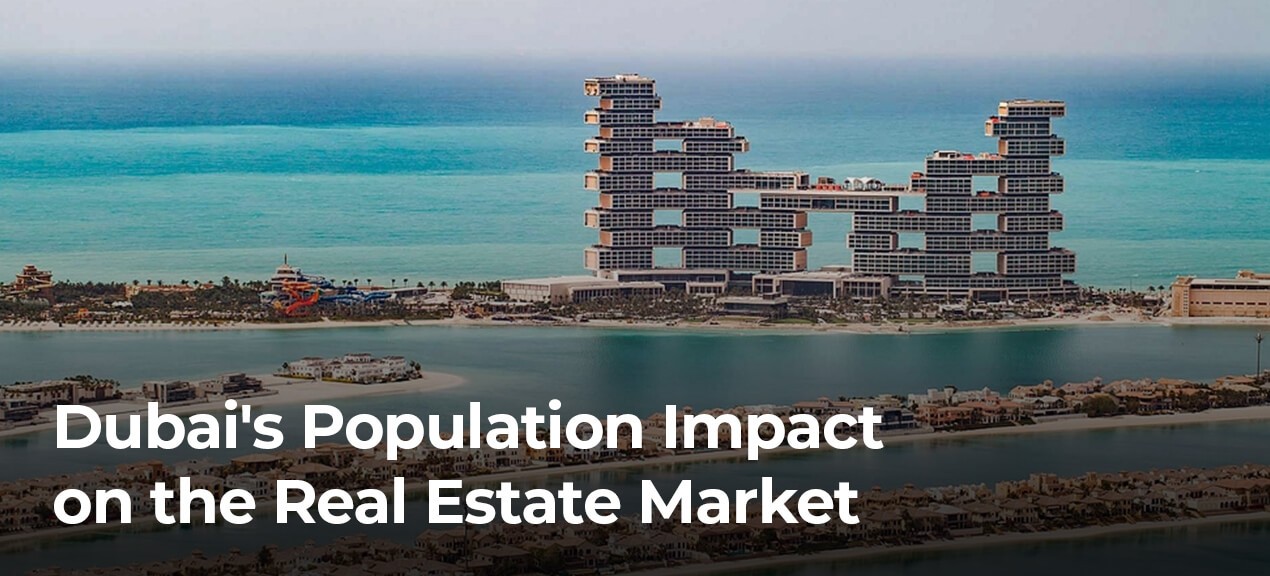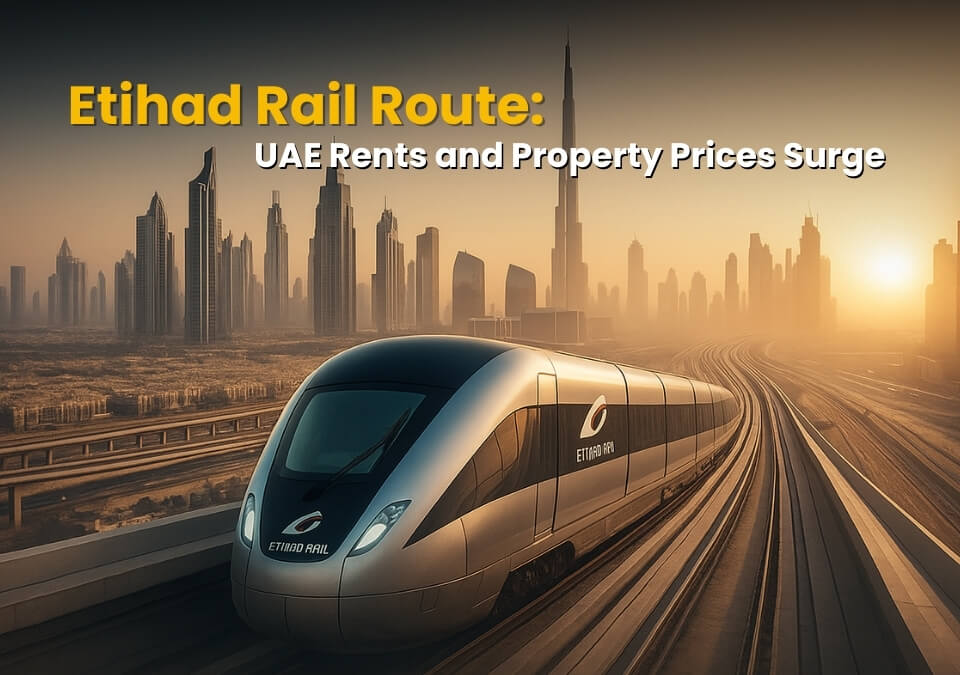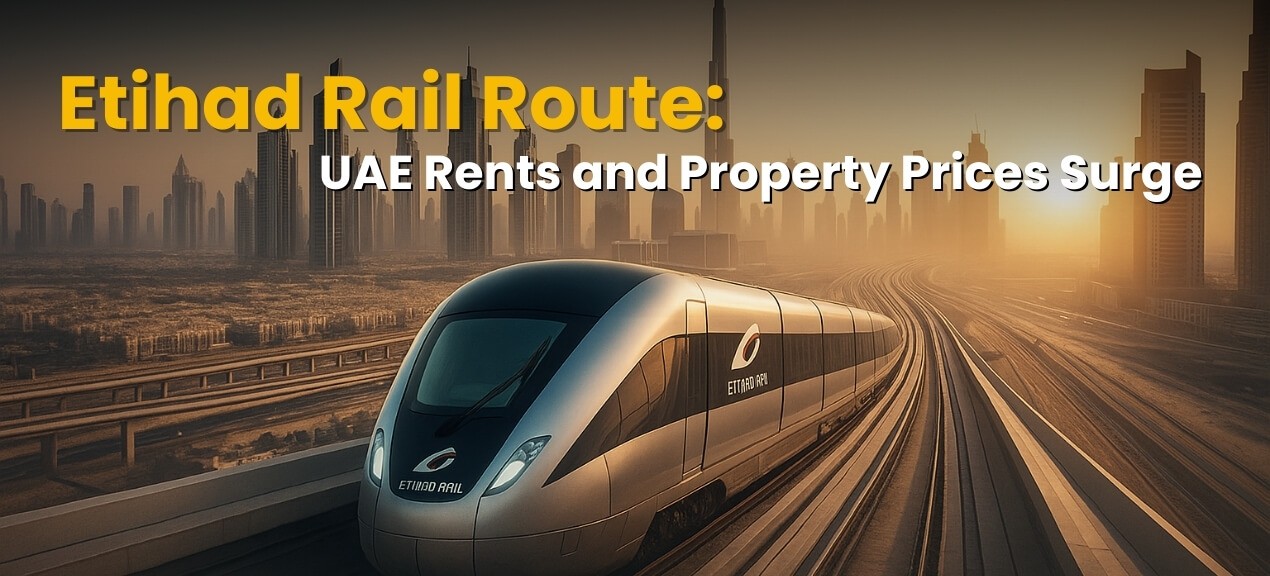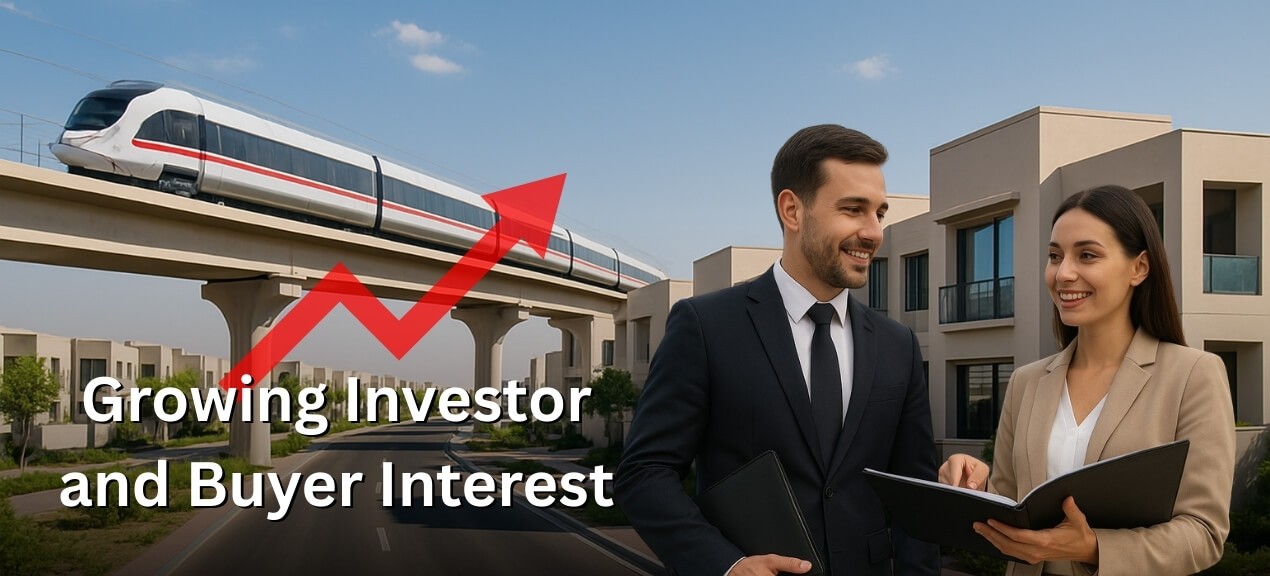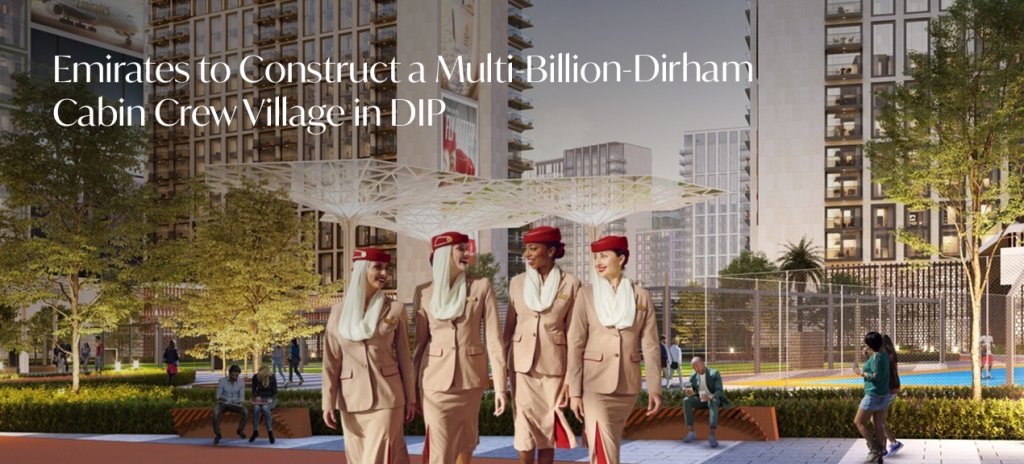
The Emirates Airline has announced plans to construct a multi-billion dirham Cabin Crew Village, a first-of-its-kind residential and mixed-use community intended to promote the lifestyle and well-being of its cabin crew employees in Dubai Investments Park (DIP). This multi-billion dirham development will accommodate up to 12,000 Emirates cabin crew members, which represents the airline’s long‑term growth strategy and investment in people.
The first phase is expected to be finished by 2029, with groundbreaking planned for mid-2026. The project will be delivered under a long-term lease arrangement between Emirates and Dubai Investments Park, enhancing DIP’s role as a key hub for Dubai’s residential and commercial development.
A New Residence for the Cabin Crew of Emirates
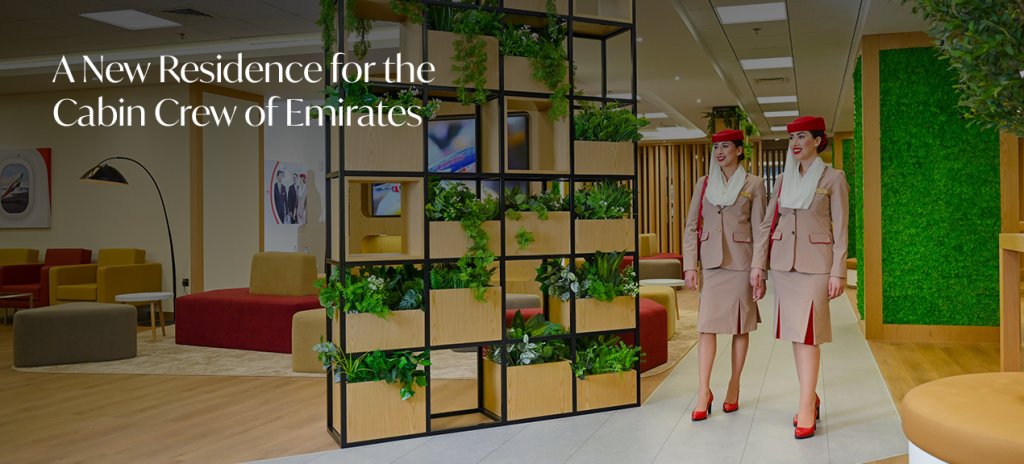
Emirates‘ reputation for providing exceptional customer service is largely attributed to its cabin staff. The airline is investing in a living environment that goes beyond standard staff accommodation because thousands of crew members travel across continents every day.
The Cabin Crew Village will be built on a large plot of land in Dubai Investments Park, a neighborhood renowned for its access to important airports and major highways. The location supports current airline operations and aligns with Emirates’ long-term focus on Al Maktoum International Airport. It is situated approximately halfway between Dubai International Airport (DXB) and Dubai World Central (DWC).
Designed with Community, Comfort, and Convenience in Mind
The Cabin Crew Village is being designed as a self-contained, fully integrated lifestyle destination, rather than traditional crew housing. The master plan consists of:
- 20 modern residential buildings with one-, two-, and three-bedroom apartments in Dubai to accommodate a range of lifestyles, each with up to 19 floors.
- A central hub for the community that offers daily services, eateries, retail stores, and cafes.
- Fitness facilities and wellness spaces are designed to support busy, irregular work schedules.
- Healthcare clinics and public spaces to promote mental and physical well-being.
- Wellness areas and fitness centers to accommodate hectic, irregular work schedules.
- Public areas and medical facilities to support mental and physical health.
- Resort-style swimming pools, beautifully designed gardens, and outdoor walking and jogging routes all promote leisure and social contact.
Furthermore, each residential structure will have specific amenities to enhance accessibility and convenience, making it easier for cabin crew to carry out their daily tasks regardless of shift patterns.
A Focus on Health and Lifestyle

The project’s emphasis on quality of life is one of its most notable aspects. According to Emirates, the village is meant to provide more than just a place to sleep; it’s a place where crew members can unwind, socialize, and take advantage of a friendly living atmosphere.
The development’s architecture promotes physical exercise and meaningful downtime by incorporating outdoor areas and planted green spaces. These areas will support balance and well-being by mitigating the difficulties of long-distance travel and frequent time zone shifts.
Operational Efficiency through Strategic Location
When planning the Cabin Crew Village, location was a major factor. It provides quick access to Emirates’ activities across the city, as it is located between Dubai’s two primary aviation hubs, DXB and DWC. The airline’s overall operating plan, which includes its future focus on Al Maktoum International Airport as passenger and cargo services continue to grow, is supported by this strategic location.
Major road networks are easily accessible, improving connectivity and facilitating everyday travel and commuting.
A Historic Neighborhood for Dubai Investments Park
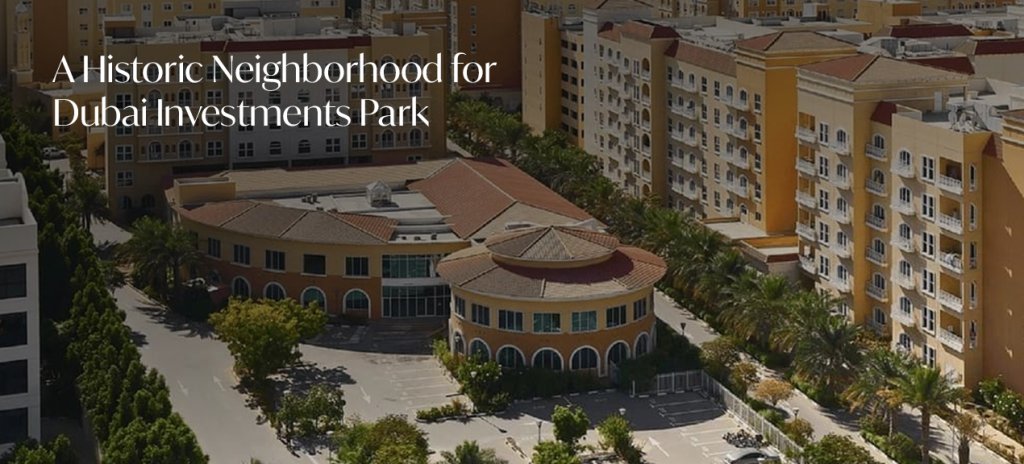
Dubai Investments Park will become an even more vibrant, mixed-use center with the addition of the Emirates Cabin Crew Village. The project will strengthen the local economy, improve social infrastructure, and improve lifestyle options throughout the region by housing thousands of people in a well-planned community.
The Cabin Crew Village supports Dubai’s standing as a major aviation and business hub by being one of the biggest purpose-built airline personnel villages in the Middle East. By combining residential comfort, community amenities, and necessary lifestyle facilities in a single integrated environment, Emirates is establishing a new standard for employee-centric buildings. By redefining contemporary staff housing, this project demonstrates how human-centered, strategic design can benefit people and the larger community.
